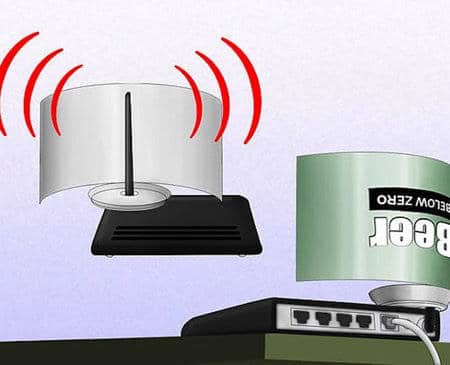- Place your router in a central location: The best place to put your router is in the center of your home or office. This will help to ensure that the signal is evenly distributed throughout your space.
- Avoid placing your router near metal objects: Metal objects can interfere with Wi-Fi signals, so it's best to avoid placing your router near them. This includes metal walls, appliances, and even metal furniture.

- Elevate your router: Raising your router off the ground can help to improve the signal strength. This is because the signal will be able to travel more easily through the air.
- Change your router's channel: If you're experiencing interference from other Wi-Fi networks, you can try changing your router's channel. You can use a Wi-Fi analyzer app to see which channels are the least congested.
- Upgrade your router: If your router is old, it may not be as powerful as it used to be. Upgrading to a newer router can help to improve your Wi-Fi strength.
- Use a Wi-Fi extender: A Wi-Fi extender is a device that can help to boost the signal strength of your Wi-Fi network. This is a good option if you have a large home or office and your router is not able to reach all areas.
- Optimize your router's settings: There are a number of settings on your router that can affect the signal strength. You can optimize these settings to improve your Wi-Fi strength.
Here are some additional tips:
- Restart your router: Sometimes, a simple restart can improve your Wi-Fi strength.
- Remove unnecessary devices: If you have any devices that are not in use, disconnect them from your Wi-Fi network. This will free up bandwidth and improve the signal strength for the devices that are still connected.
- Keep your router up to date: Your router's firmware should be updated regularly. This will help to improve the security and performance of your router, which can also improve the signal strength.